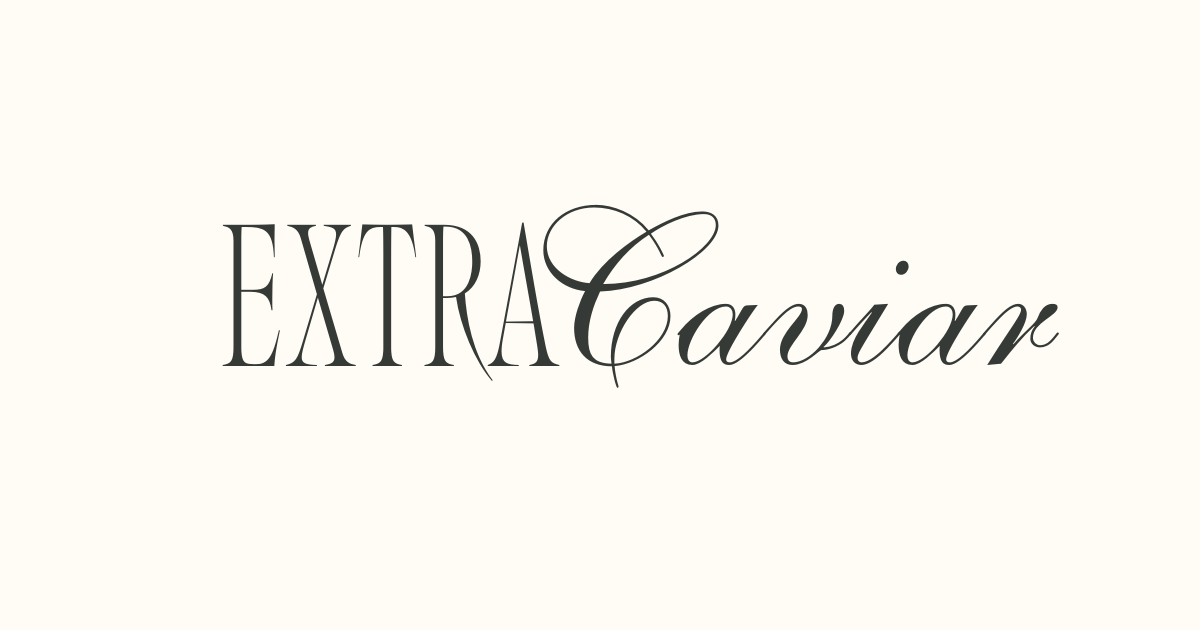
A Taste To Start
Every ship that comes to America, got its chart from Columbus.
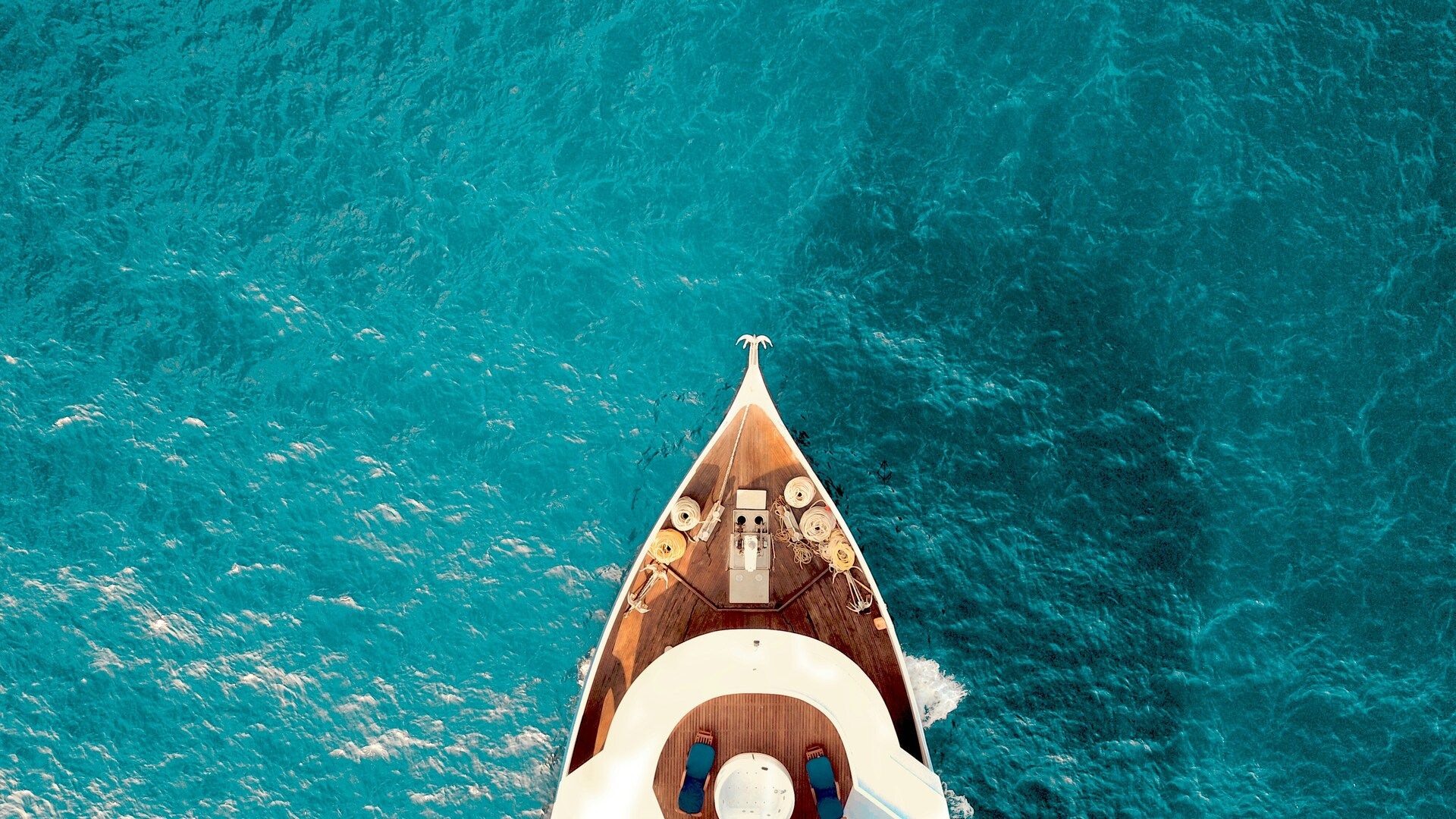
Letter From The Tastemaker: Finding Opportunities & Lessons from Pioneers
Lifestyle Assets: Dreamy Superyacht Expeditions & Submersibles
Five-Course Tasting: The 100-Year Lens: How Thinking Beyond Your Lifetime Changes Your Capital Strategy
Letter From The Tastemaker
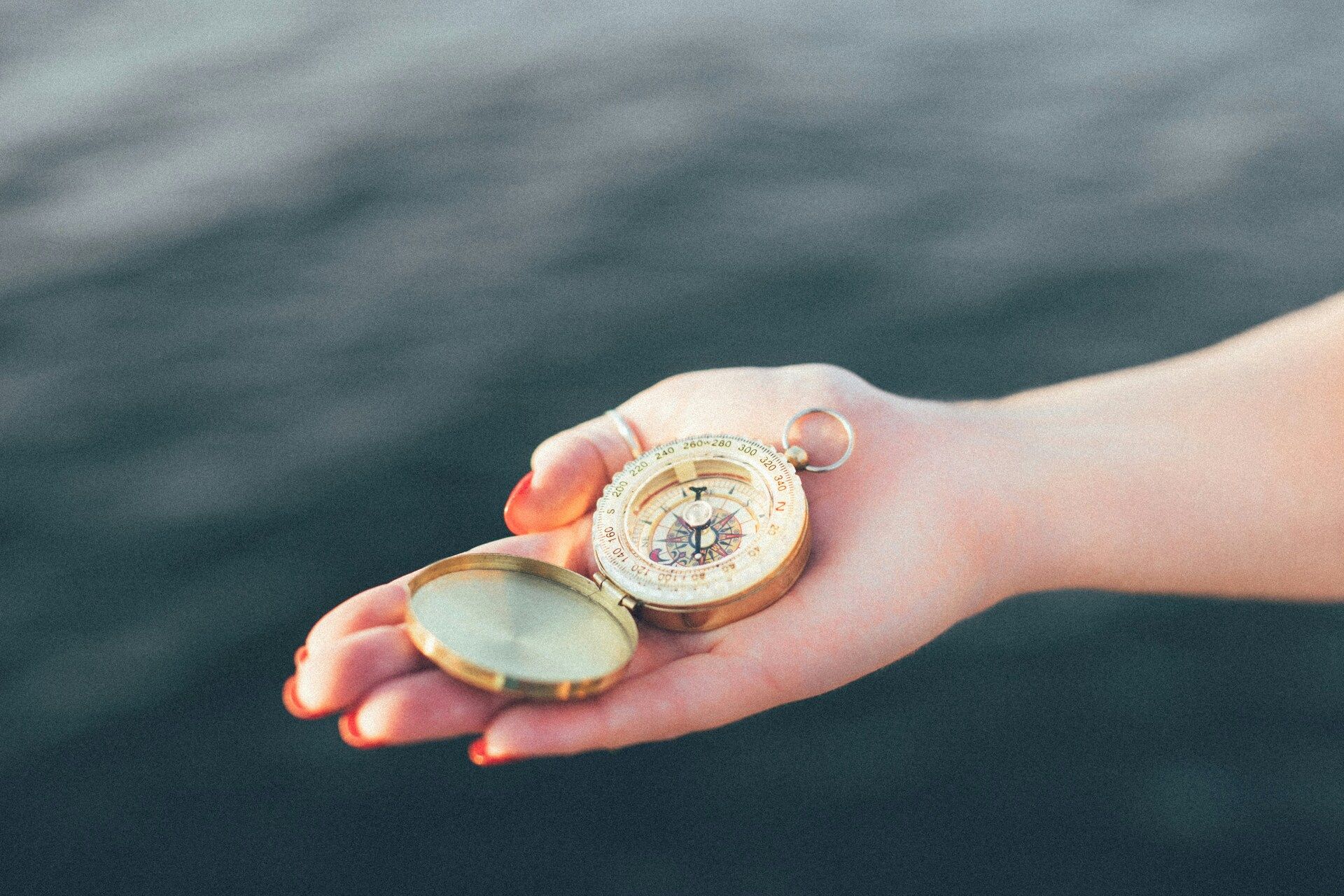
An accomplished sailor and explorer set sail aboard the Nina, the Pinta and the Santa Maria, over 500-years ago to explore the hidden lands that may exist…
💡 His purpose was to discover a new sea route to Asia by sailing West.
He was merely commissioned by the Spanish monarchy to bring back silks and spices but instead he found something much greater.
The New World.
The Americas.
Western civilization as we know it…
But up to his death in 1506, he thought he had landed in Asia.
It was not until 1507, that Amerigo Vespucci recognized the lands as a separate continent. The Italian explorer was then honored and the name America was applied to the entire Western Hemisphere.
Thanks to Christopher Columbus, most Americans had this Monday off for the national holiday. In some states it’s Columbus Day; in others, a celebration of Indigenous People’s Day.
But either way, it’s a reflection of how history continues to evolve. And although Columbus’s legacy may be complicated (even somewhat controversial), he followed his vision with relentless conviction — and in doing so, changed the course of history.
👉 No, he was not first to find America.
👉 But he was the first to see the opportunity.
When Opportunity Knocks….
Columbus wasn’t the first or the last to see opportunity for what it was.
The true pioneers of thought, place, and possibility took forward action into the unknown and their contributions have long outlived them:
Galileo Galilei, revolutionized our understanding of the cosmos by proving that not everything orbits the Earth
Pablo Picasso, reinvented modern art with Cubism, breaking objects into geometric shapes, influencing architecture, literature, music and design
Marie Curie, pioneered the study of radioactivity, further laying the foundation for modern cancer treatment and nuclear science
But opportunity is rarely random. It emerges at the intersection of awareness, need and steadfast action:
Awareness: People who notice gaps, patterns or inefficiencies, in markets, communities, or daily life, are the ones who spot potential where others see nothing.
🛎 Columbus’s awareness was recognizing his idea had merit and seeking funding from the Spanish monarchy because he believed a westward route to Asia was possible (what today is known as the United States of America).Needs: Whether expressed or unexpressed, opportunities are often born from human needs. The most impactful innovations and discoveries solve real problems that people themselves might not recognize.
🛎 Columbus understood Europe’s growing demand for new resources and trade. He saw the potential wealth and opportunity in the lands he encountered in the Americas.Action: Without execution, even the clearest need remains unrealized. Risk-taking and a steadfast commitment transform the potential opportunity into reality.
🛎 Columbus acted by establishing the first trade exchanges with the Americas and laying the groundwork for European expansion. He set in motion the reshaping of global commerce and colonialism.
What lessons can we learn as a society from his voyage and discovery?
The first is the power of exploration.
The courage to chase what lies beyond the known. To innovate, and to reimagine new worlds.
The second is a reminder that progress without ethics and responsibility is not progress at all.
Innovation must honor humanity as much as it reshapes it.
Five hundred years later, society has grown immensely. We have more civilized ways of working, resolving conflict without violence, and accessing resources and tools that were unimaginable in Columbus’s time.
The lesson of every new discovery is not to repeat the past, but to use what we have now to advance, improve and do better.
Think about it:
Columbus didn’t set sail for any kind of recognition, nor did he know that his contribution would set a foundational imprint on the course of US history.
He was driven by a purpose.
So, what if modern day innovation was guided not by speed but by intention to last 100+ years? What would we build instead?
(Read The 100-Year Lens from Five-Course Tasting 👇 )
Lifestyle + Experiential Assets
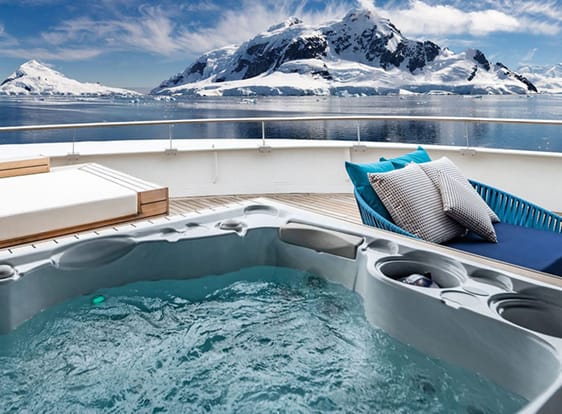
Scenic Eclipse I - Owner’s Penthouse
Chart your own voyage & discovery…
Modern day explorers make discoveries through in-depth, intimate and experiential activities to breathtaking destinations with accommodations and guest offerings that truly expand their way of thinking.
Scenic Eclipse I & II
⚫ A superyacht of your dreams with only 114 balcony cabins
⚫ 1:1 crew to guest ratio with dedicated attention
⚫ 6-star ultra luxury amenities including heli’s and submersibles
⚫ Private spa pool or comfortable lounge furnishings on terrace
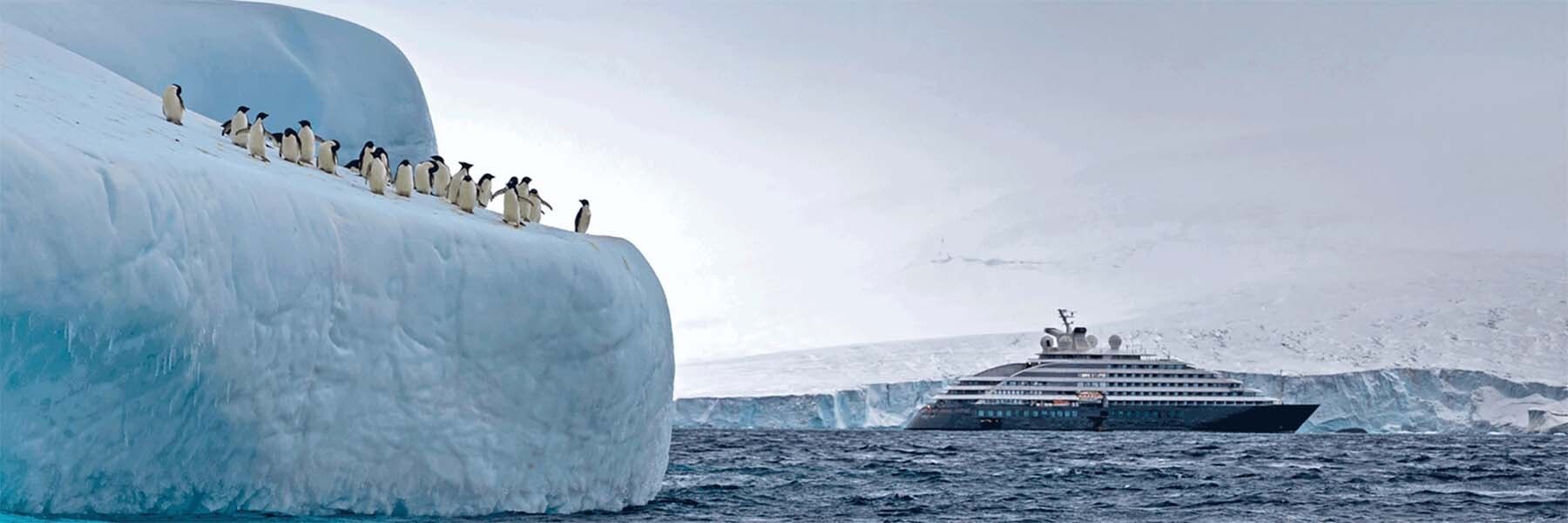
Luxury Arctic Experience - up to 24 days
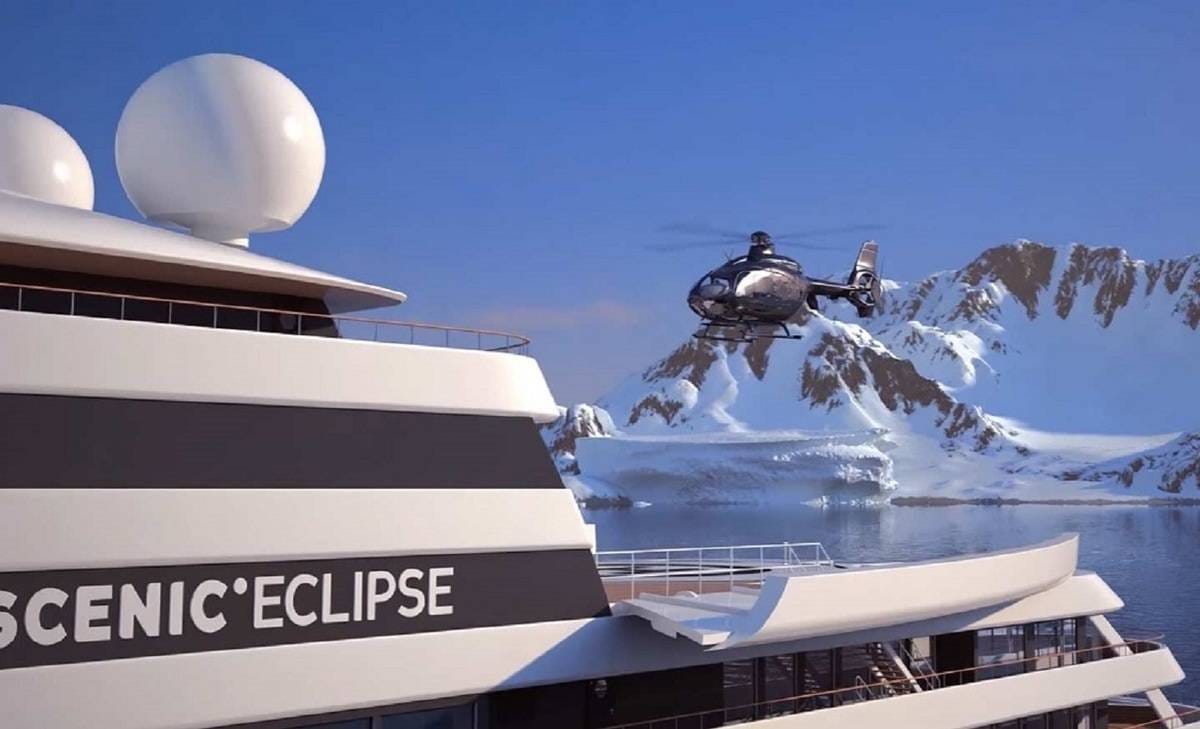
5-Course Thursday Tasting
The 100-Year Lens: How Thinking Beyond Your Lifetime Changes Your Capital Strategy
Sometimes disconnecting is how you discover what’s next… 😋
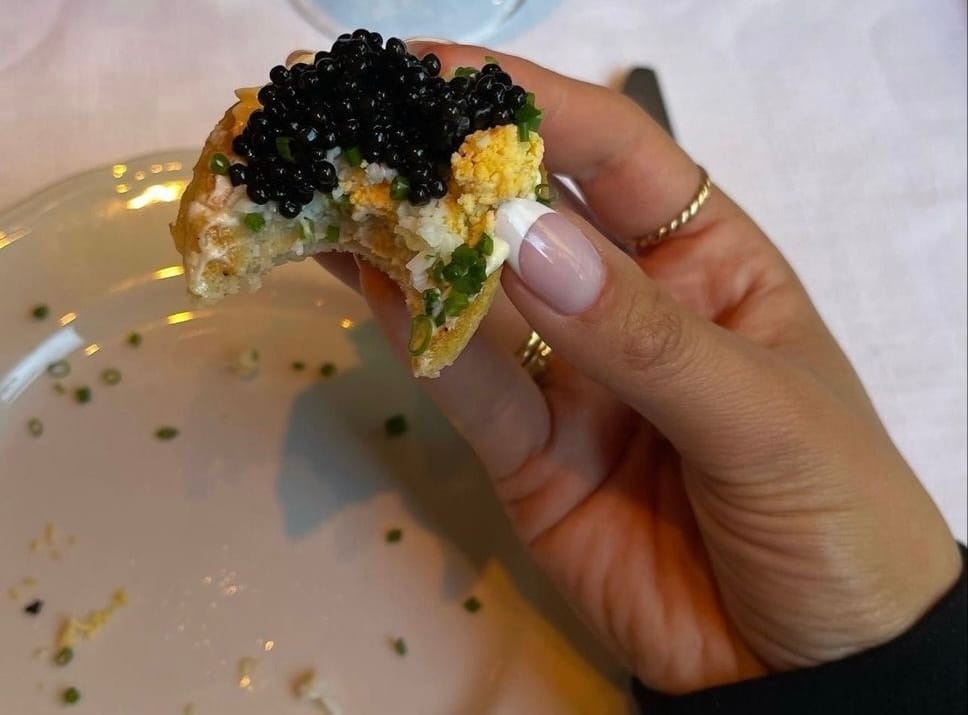
Remember: Explore slowly. But savor deeply.

